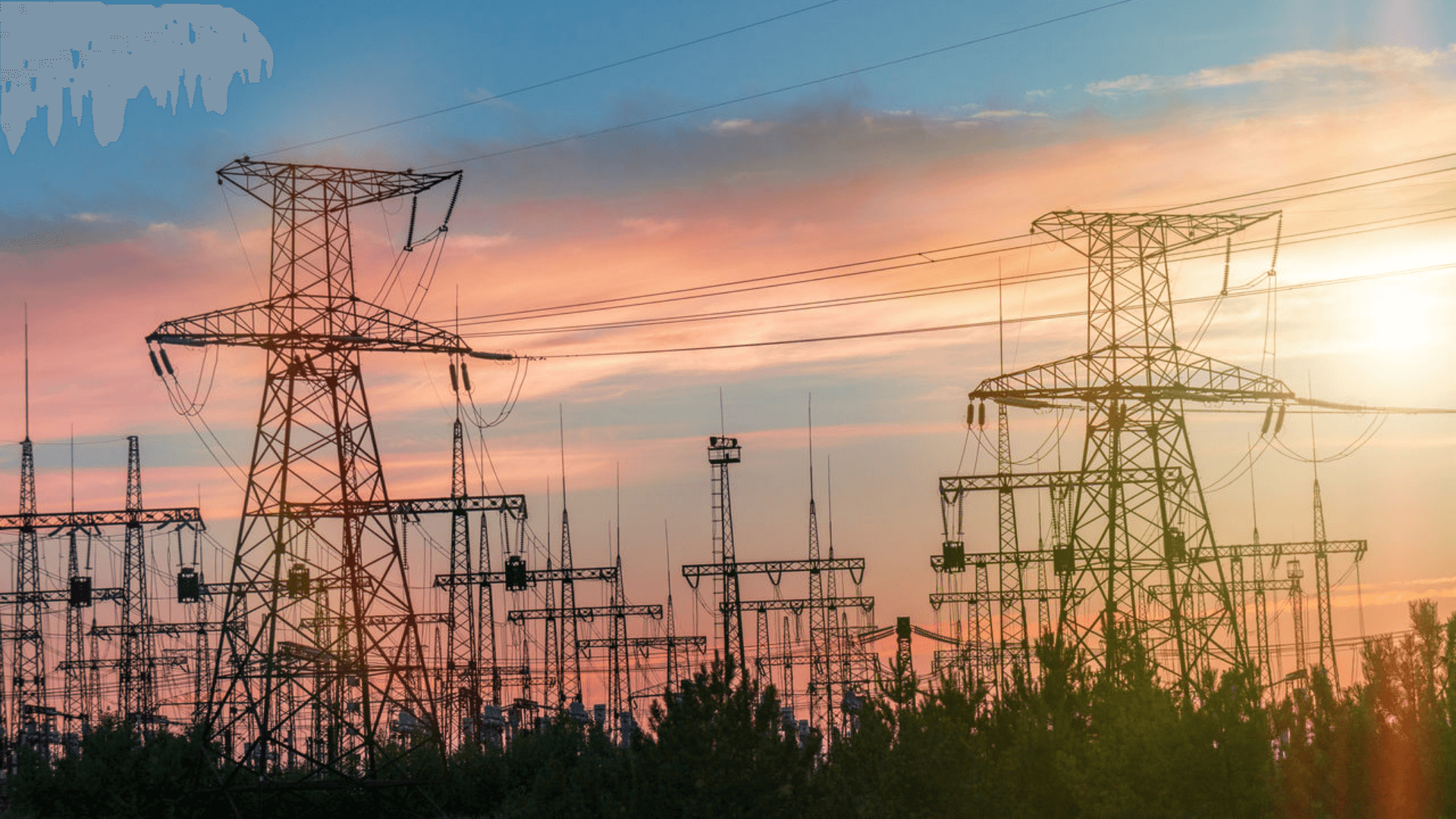Improving the Quality of Generation Forecasting using AI in the Power Sector
Problem
The power sector is facing increasing demands for electricity, requiring efficient and reliable power generation. Managing complex and dynamic power grids presents a significant challenge, especially when dealing with unreliable power generation data from sources like solar power plants. Instrumentation, communication errors, and other issues can lead to incorrect power data, making it difficult for power grid operators to accurately forecast generation and maintain grid stability. This inconsistency hampers their ability to balance supply and demand effectively, potentially leading to energy waste, increased costs, and difficulties in incorporating clean renewable energy sources into the power grid.
Approach
To address the problem of poor generation forecasting due to unreliable power data, AI can be employed to enhance data processing and forecasting accuracy. Here’s an outline of the approach:
- Data Collection and Preprocessing: Gather power generation data from solar power plants, including solar irradiance levels, ambient temperature, and other relevant parameters. Perform data preprocessing to handle missing values, remove outliers, and correct measurement errors caused by instrumentation or communication problems.
- Machine Learning Models: Utilize machine learning algorithms such as regression models, time series forecasting models (e.g., ARIMA, SARIMA), and more advanced techniques like Long Short-Term Memory (LSTM) networks for accurate generation forecasting. These models can learn patterns and relationships from historical power generation data and help predict future generation levels.
- Data Fusion and Integration: Integrate the power generation data with other relevant data sources, such as weather forecasts, historical demand patterns, and grid load data. This data fusion helps create a more comprehensive understanding of the factors influencing power generation.
- Anomaly Detection: Implement anomaly detection techniques to identify unusual behavior or errors in power generation data. This helps identify and rectify instances of incorrect data, ensuring the forecasting models are based on accurate inputs.
- Real-Time Monitoring: Set up a system for real-time monitoring of power generation data. AI-based algorithms can continuously analyze incoming data streams and provide immediate alerts if any discrepancies or anomalies are detected, allowing for quick corrective actions.
- Continuous Learning and Adaptation: AI models can be designed to adapt to changing conditions and continuously learn from new data. Regular model updates and retraining ensure that the forecasting system remains accurate and responsive to the dynamic nature of the power grid.
Benefit
- Enhanced Generation Forecasting Accuracy: By leveraging AI techniques, power grid operators can significantly improve the accuracy of power generation forecasts. This enables better planning and allocation of resources to meet demand effectively.
- Improved Grid Stability: Accurate generation forecasting helps maintain a balance between supply and demand, contributing to grid stability and reducing the risk of blackouts or brownouts.
- Reduced Energy Waste: AI-enabled generation forecasting minimizes energy waste by ensuring that power generation is aligned with actual demand, reducing the need for overproduction.
- Lower Energy Costs: Optimized generation forecasting leads to efficient resource utilization, resulting in cost savings for both power producers and consumers.
- Integration of Renewable Energy Sources: With reliable forecasting, power grid operators can better integrate intermittent renewable energy sources, such as solar power, into the grid. This paves the way for a greener and more sustainable energy mix.
- Proactive Maintenance: AI-based anomaly detection helps identify instrumentation and communication errors early on, allowing for timely maintenance and improving the overall data quality.
- Enhanced Decision-Making: Accurate forecasting empowers power grid operators to make data-driven decisions, enabling proactive measures to tackle potential challenges and optimize grid performance.
By leveraging AI to improve the quality of generation forecasting, the power sector can enhance operational efficiency, embrace renewable energy sources, and achieve a more reliable and sustainable electricity supply, meeting the growing demands of the future.

